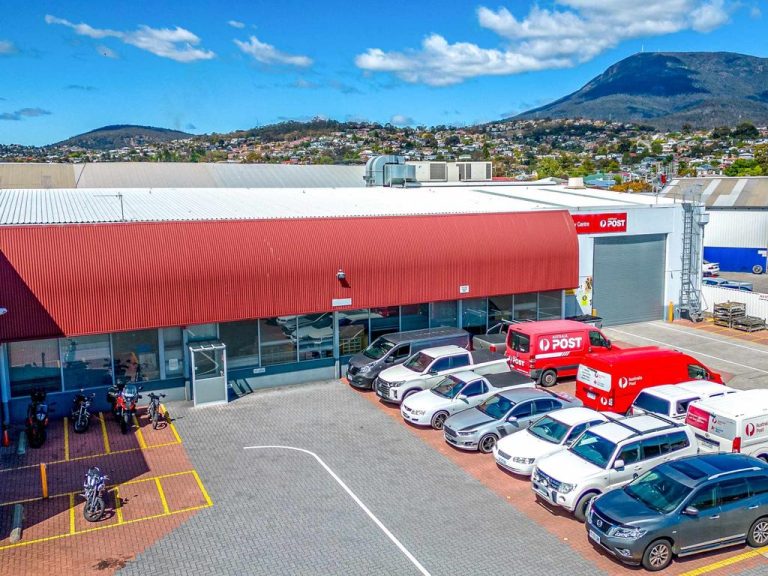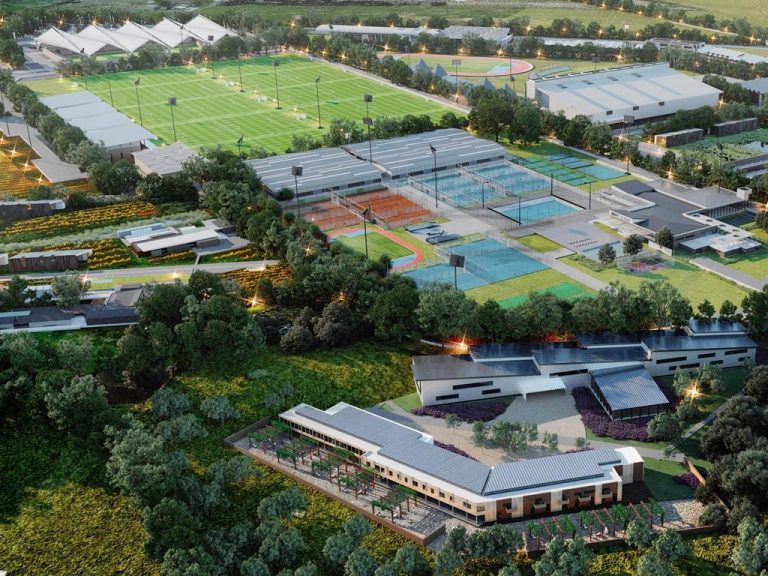The fall of KFC buffets and what became of those prime properties
For many Australians who came of age in the 1990s, the mention of an ‘all-you-can-eat’ buffet conjures vivid memories of childhood indulgence.
While Pizza Hut’s and Sizzler’s endless food and dessert bars are often recalled, a burgeoning online sentiment points to another, perhaps even more revered, culinary institution: the KFC buffet.
But beyond the nostalgic yearning for popcorn chicken pyramids and bottomless gravy, lies a fascinating commercial property story.
What became of the expansive footprints that once housed these beloved bastions of fried chicken feasting?
The concept of an all-you-can-eat buffet, whether it was for pizza or fried chicken, demanded a significant physical footprint.
These were not your typical compact takeaway outlets; they were large-format dine-in restaurants designed to accommodate scores of patrons, complete with extensive bain-maries, ample seating, and often, children’s play areas.
MORE NEWS
Hungry Jack’s vs. Burger King: The Aussie burger war you never knew about
What ever happened to Hog’s Breath Cafe?
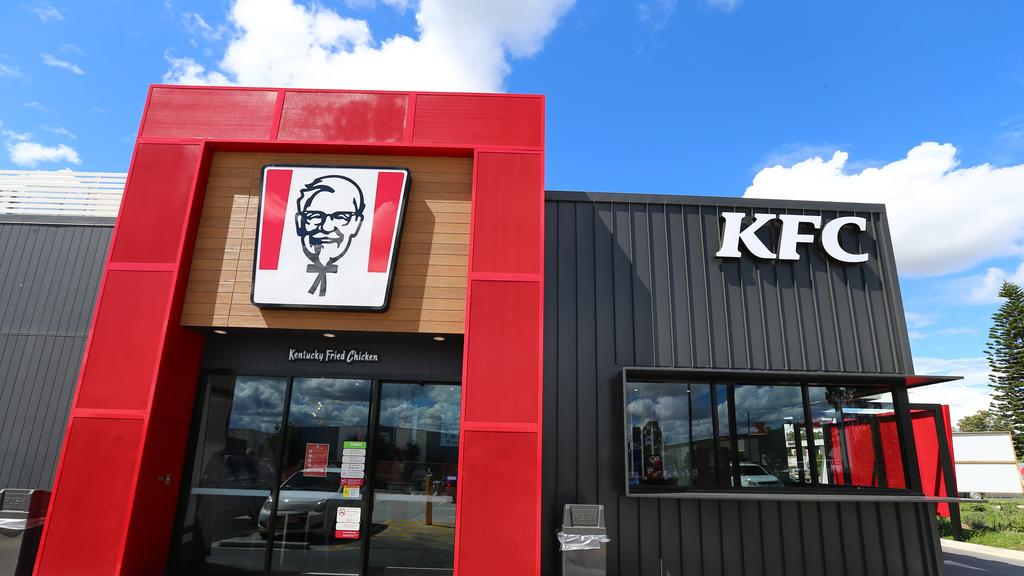
Aussies have reminisced about KFC’s long-forgotten all-you-can-eat buffet.
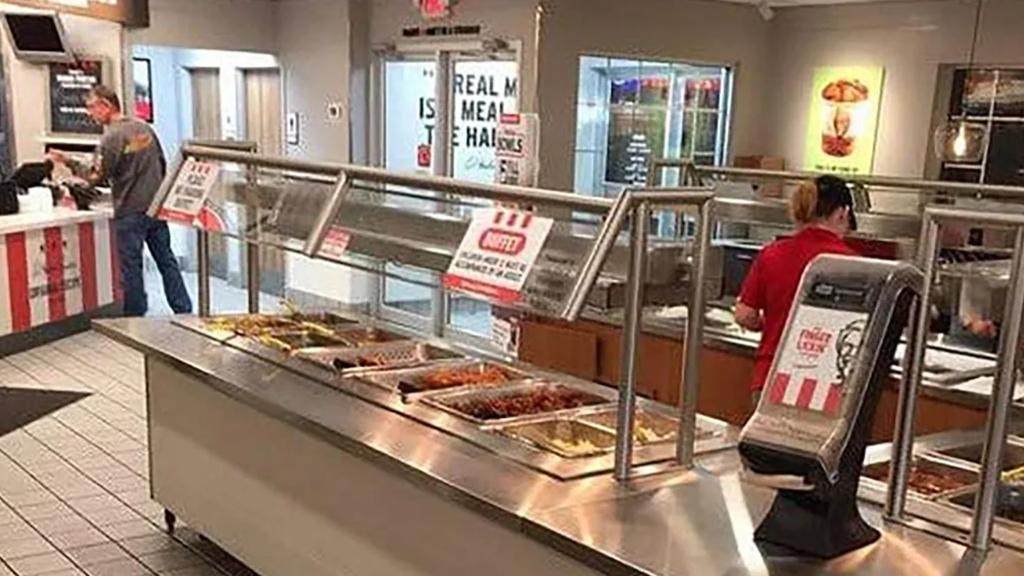
Social media users have called for the KFC buffet to return to stores. Photo: Facebook
This required prime commercial real estate, typically in high-traffic suburban centres or along arterial roads, making them significant assets in their day.
Online forums are currently abuzz with recollections of these bygone buffets.
One Reddit thread, titled ‘Forget Pizza Hut, bring back the KFC buffet’, alongside a grainy photo of the available spread, sparked a wave of nostalgic replies.
One user lamented, “My local KFC had the buffet when I was a kid. Legit the best thing ever! Take me back to the popcorn chicken pyramids”.
Another appreciative customer humorously recalled, “I ate the outside off 10 bits of chicken… threw up then went back for a bread roll and more chicken.”
The anecdotes underscore the sheer volume of customers and the extensive space required to facilitate such culinary feats.
Scott Reynolds from Central Queensland recalls frequenting his local KFC buffet in Busselton, Western Australia, in the mid-1990s.
MORE NEWS: Remembering Sizzler: The rise and fall of a dining icon

TokTocker @callmebelly recently visited the last remaining KFC buffet in Alabama, USA.
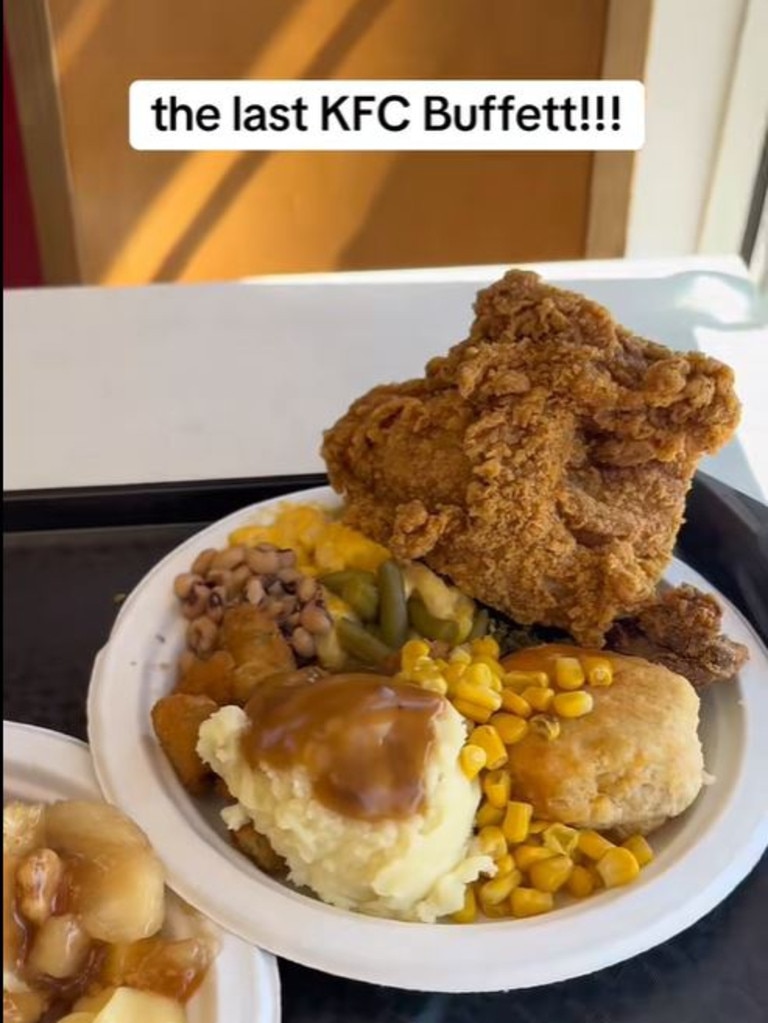
His review left everyone’s mouth watering. Source: @callmebelly/TokTok
He describes a setup where, for around $13, patrons received a plastic plate and access to multiple trays of chicken pieces, mash, peas, corn, and gravy.
The very nature of this offering, and the infamous tales of customers “smuggling” chicken out in trench coats or Tupperware containers, highlights the generous, open-plan layout that was characteristic of these establishments.
According to online discussions, KFC buffets graced various Australian locales, including Lalor and Thomastown in Melbourne, Dandenong, Newcastle, Penrith, Dubbo, Ipswich, and Karawara in Perth.
Each of these locations would have occupied substantial commercial sites, often purpose-built or adapted for the buffet model.
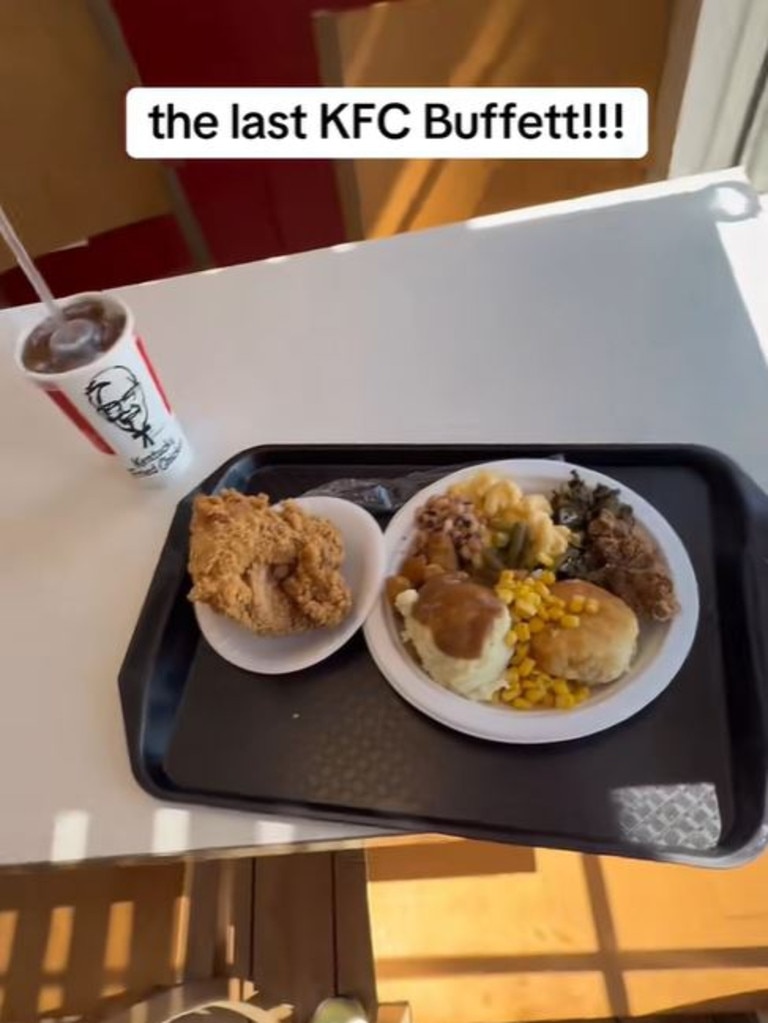
All you can east chicken? Yes please! @callmebelly/TokTok
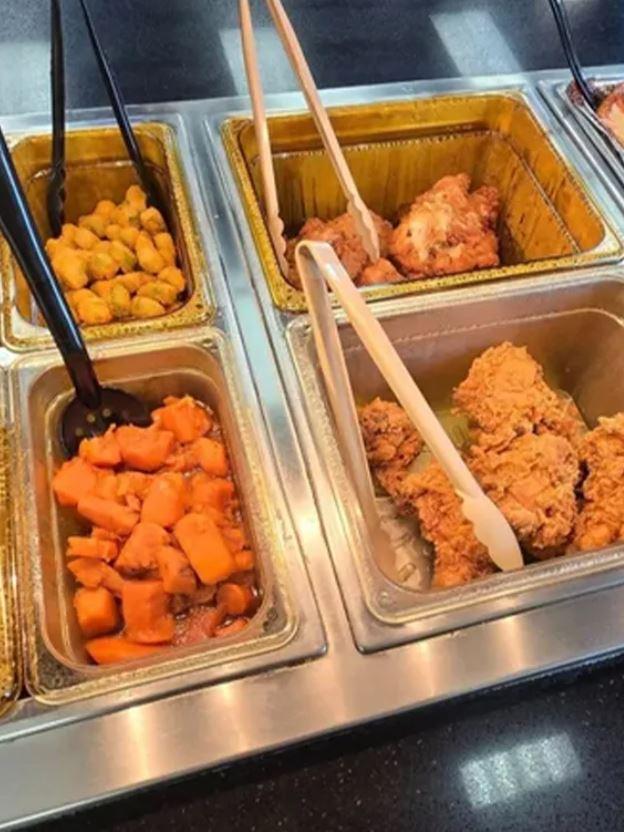
In Australia, customers were given a plastic plate and access to a bain-marie. Photos: Facebook
Today, the Australian fast-food landscape has dramatically shifted.
The emphasis has moved away from sprawling dine-in experiences towards efficiency, drive-through convenience, and delivery services.
This evolution has rendered the large, dedicated buffet spaces largely redundant.
Many of these former KFC buffet sites have likely undergone significant redevelopment or adaptive reuse.
Some may have been subdivided into smaller retail tenancies, others repurposed for different commercial ventures, or in some cases, even redeveloped for residential purposes, reflecting the ongoing densification of urban and suburban areas.


